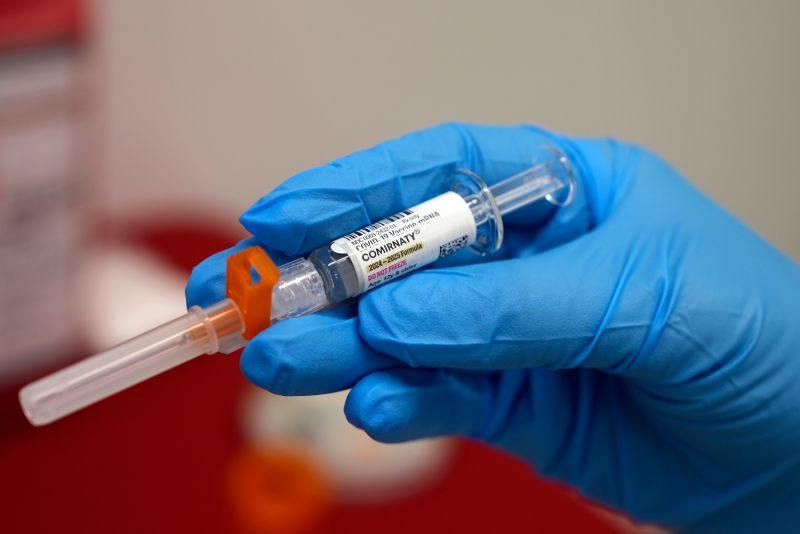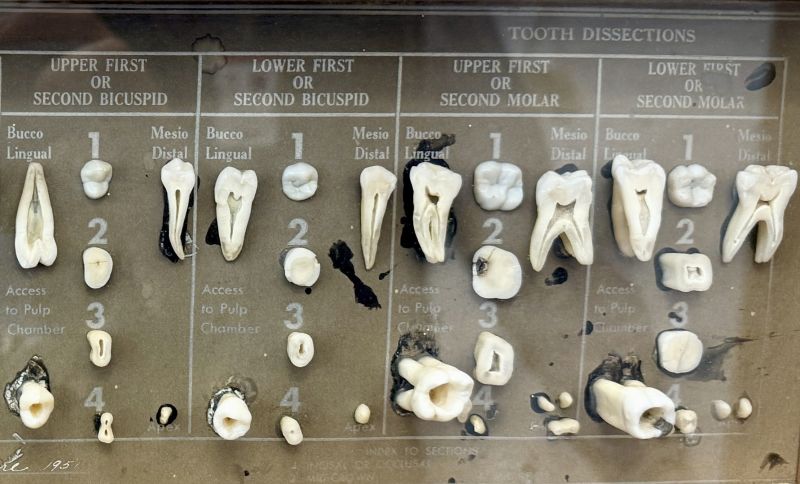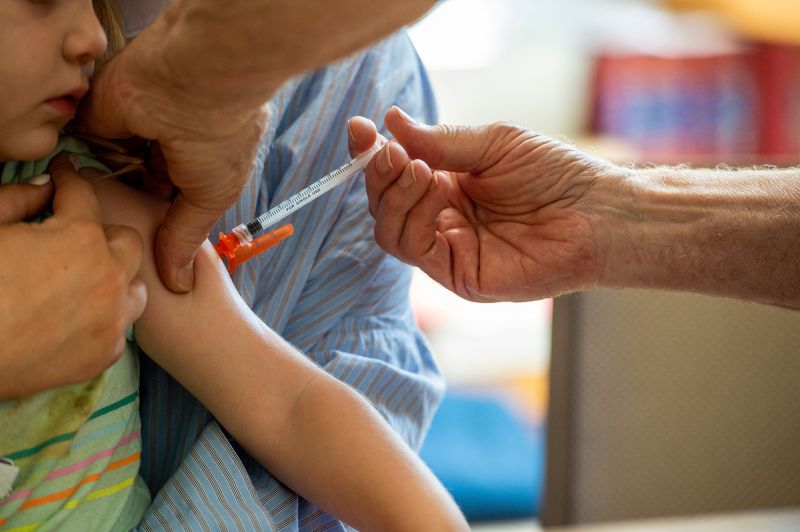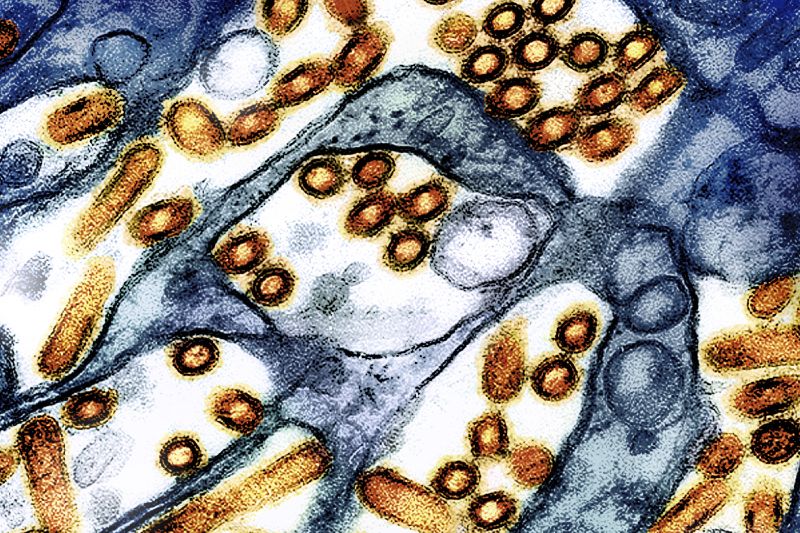Covid-19 shots for kids remain on CDC vaccine schedule with slightly different designation

The US Centers for Disease Control and Prevention has updated its immunization schedule for children, days after US Health and Human Services Secretary Robert F. Kennedy Jr. announced that Covid-19 vaccines would be struck from the list of recommended shots for healthy children and pregnant women.
Children will be able to get the vaccines after consulting with a health care provider — what’s known as “shared decision-making.” For pregnant women, there’s less guidance; spaces advising that group on the Adult and Child Immunization Schedules are now shaded gray for Covid-19 vaccines “to reflect no guidance/recommendation,” according to an email sent by the CDC on Friday.
But the changes — posted two days after Kennedy’s surprise 58-second social media announcement that the vaccines would be dropped from the CDC’s recommended immunization schedules — have created more confusion as doctors, parents and vaccine experts try to parse the new language.
The updates also underscore the fine line Kennedy is walking as he tries to appease vaccine-averse supporters while listening to guidance from the doctors and career scientists who report to him — as well as the majority of Americans who want access to vaccines.
HHS insisted Friday that the vaccines had been removed from the CDC’s recommended vaccine schedule, as Kennedy had pledged.
Two people who are familiar with the nuances of the schedule’s designations and language said the Covid-19 vaccines for children remain on the schedule, just as other vaccines available for “shared decision-making” are still considered to be on the schedule. Covid-19 vaccines remain on the schedule for adults too, but with no specific recommendation for pregnancy.
“All this demonstrates that DHHS doesn’t understand how the vaccine schedule works,” one person said.
What the vaccine schedule says
On the updated Child and Adolescent Immunization Schedule posted Friday, Covid-19 vaccines are no longer listed as “recommended” by the CDC, but they are listed as “recommended vaccination based on shared clinical decision-making,” meaning children can get the shots after consulting with a health care provider.
Other vaccines listed as recommended after shared clinical decision-making, such as human papillomavirus for adults 27 through 45 and meningococcal B vaccines for some adolescents 16 through 23, are also considered to be on the CDC’s immunization schedule, the source said.
“Yes, absolutely they are still on the schedule,” said a person familiar with the agency’s vaccine recommendations who asked not to be named as they were not authorized to share details of the government’s deliberations.
In meetings with HHS officials over the past two days, CDC officials had gone out of their way to be deferential and professional, and there was no confrontation about the recommendations, the source said.
In announcing the update Friday, HHS aligned with Kennedy’s language from earlier in the week, when he said, “As of today, the Covid vaccine for healthy children and healthy pregnant women has been removed from the CDC recommended immunization schedule.”
“The old COVID-19 vaccine recommendations for healthy children under 18 and for pregnant women have been removed from the CDC vaccine schedule,” HHS press officer Emily Hilliard said in a statement Friday when the changes were posted.
“The CDC and HHS encourage individuals to talk with their healthcare provider about any personal medical decision. Under the leadership of Secretary Kennedy, HHS is restoring the doctor-patient relationship. If a parent desires their healthy child to be vaccinated, their decision should be based on informed consent through the clinical [judgment] of their healthcare provider,” the statement said.
HHS doubled down in a social media post later in the day, when it fired back at several media outlets over headlines suggesting that the CDC was keeping the Covid-19 on its vaccination schedule for kids in defiance of Kennedy.
“WRONG AGAIN” the post said. “The vaccine is not recommended for pregnant women. The vaccine is not recommended for healthy children. Any decision by a parent to vaccinate their child outside the CDC recommended schedule should be made in consultation with their healthcare provider.”
“All CDC is recommending is, ‘go talk to health care provider.’ If the health care provider recommends that the child get a Covid-19 vaccine, that’s fine. That’s the physician’s recommendation. That’s not CDC recommendation,” he said.
What the changes mean for children
Under shared clinical decision-making, patients must first consult with a health care provider about the benefits and risks of the vaccine. Kennedy has said he wants patients to give “informed consent” before getting vaccines, and the new recommendation puts that into practice.
According to the CDC, such a provider would be anyone who routinely administers vaccines, including doctors, nurse practitioners, nurses and pharmacists.
A vaccine listed on the schedule in this category is required to be covered by insurance with no cost-sharing, meaning no co-pays for patients, according to the CDC.
An email sent by the CDC on Friday said the change from “recommended” to “shared clinical decision-making” on shots for kids applies to all children ages 6 months through 17 years, “including those who are moderately or severely immunocompromised.”
The email also says children eligible for free vaccines through the Vaccines for Children program will be able to get Covid-19 shots after a conversation with their health care provider.
Kids can become severely ill with Covid-19, especially if they’re younger than 5. Data presented at the last meeting of the CDC’s independent vaccine advisers showed that children 4 and under were hospitalized with Covid at roughly the same rate over the past two respiratory seasons as they were with the flu, even during a severe influenza season. Fewer than 5% of children hospitalized with Covid-19 last season were up to date on their Covid-19 vaccinations.
Immunization experts said that they were relieved that kids could still get the shots but that shared clinical decision-making can present hurdles to vaccination because it requires doctors to consult with patients first.
“With shared clinical decision-making, historically, it has been harder to get people vaccinated,” said Dr. Michelle Fiscus, a pediatrician who is chief medical officer for the Association of Immunization Managers.
Dr. Susan Kressly, president of the American Academy of Pediatrics, said the updated recommendation – which preserves insurance coverage for the vaccines – was a relief.
“After confusing, mixed messages from leaders at Health and Human Services (HHS) earlier this week, we are relieved to see today that the U.S. Centers for Disease Control and Prevention (CDC) updated its schedules for child and adolescent immunizations to allow families to maintain the choice to immunize their children against Covid in consultation with their doctor,” Kressly said in a statement.
“However, the deeply flawed process to reach the recommendation raises serious concerns about the stability of the nation’s immunization infrastructure and commitment by federal leaders to make sure families can access critical immunizations, whether for Covid or other infectious diseases,” she added.
Fatima Khan, co-founder of the nonprofit grassroots group Protect Their Future, which advocated for kids’ access to Covid-19 vaccines throughout the pandemic, said Kennedy’s initial announcement was disheartening.
Uncertain access for pregnant women
However, the future of Covid-19 vaccine access for people who are pregnant is less clear. Many of the agency’s information pages continue to recommend the Covid-19 vaccine for pregnant women, but the adult immunization schedule has been changed to specify that the recommendation applies only to adults who aren’t pregnant.
“That’s very concerning,” Fiscus said.
The lack of guidance for pregnant women seems to conflict with what US Food and Drug Administration officials wrote in a recent New England Journal of Medicine editorial, in which they said the agency expected that vaccines would continue to be approved for adults with underlying conditions. Pregnancy continues to be listed as a condition that places at person at higher risk for a severe Covid-19 infection.
“If pregnancy is removed as a high-risk condition, what is that decision based upon?” Fiscus asked, saying the agency hasn’t given any evidence to support recent changes.
Pregnancy is a risk factor for severe Covid-19 infections. Early in the pandemic, CDC studies found that pregnant women with Covid were three times more likely to need ICU care and nearly twice as likely to die compared with those who weren’t pregnant. Covid infections during pregnancy have also been linked to fetal complications such as stillbirth and preterm delivery.
The Society for Maternal-Fetal Medicine said it would continue to recommend that people who are pregnant be vaccinated against Covid-19.
“Maternal immunization remains the best way to reduce maternal, fetal, and infant complications from COVID-19 infection, and is safe to be given at any point during pregnancy. Maternal immunization is also associated with improved infant outcomes and decreased complications, including maternal and infant hospitalizations,” the group said in a statement.










